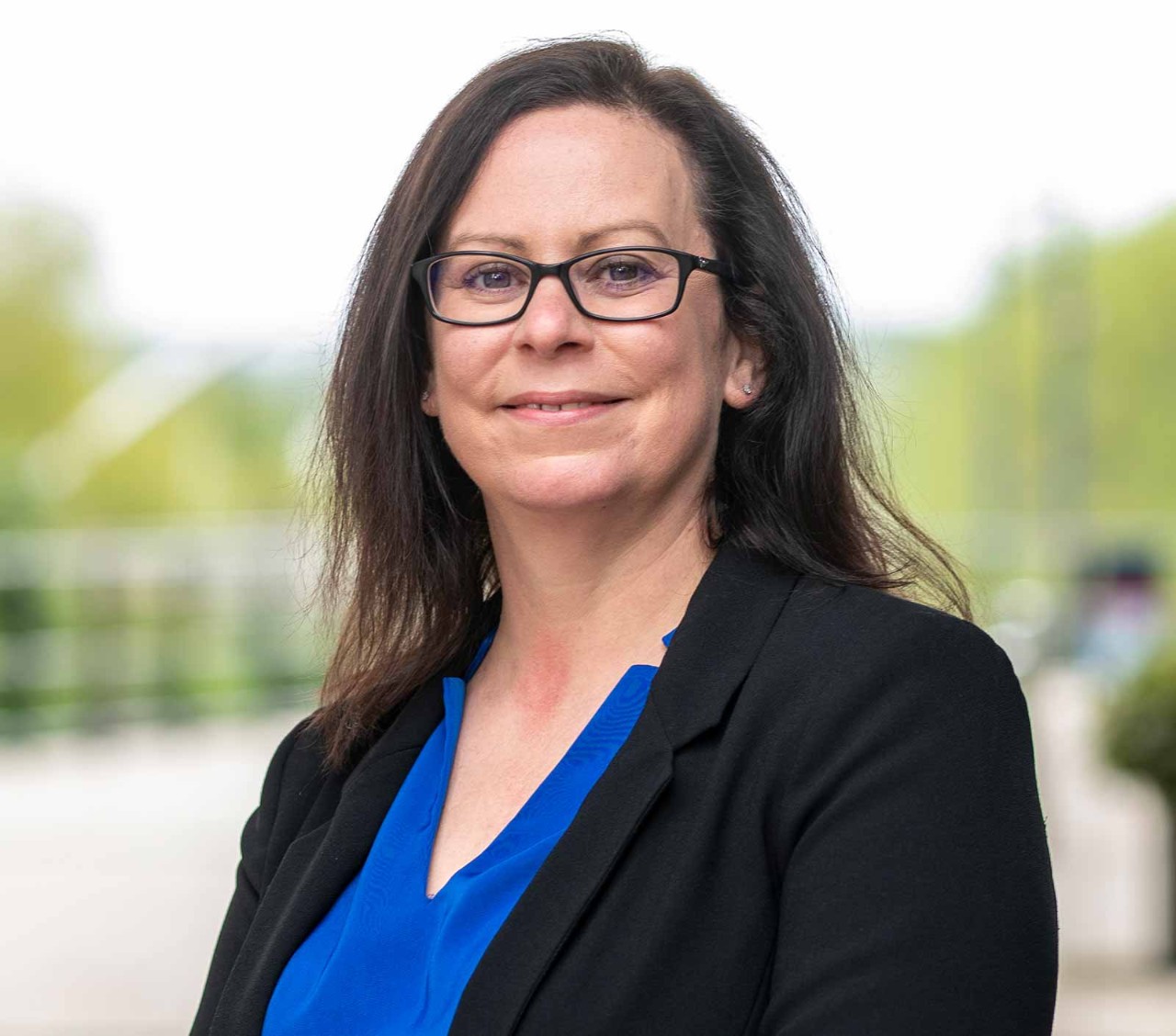
Ambitious accountants in Hong Kong are becoming partners in their early and mid-30s. While some credit their success to hard work and determination, others think a combination of obtaining key qualifications and having the right support in place has helped to fast-track their careers.
'Having a good mentor by your side is like riding on a high-speed train while others are still figuring out how to drive'
Robin Szeto FCCA, partner, audit and assurance, at RSM Hong Kong, thinks having several mentors helped him to become a partner at a young age.
He explains that they not only helped him to develop the necessary skills but also gave him opportunities to demonstrate his capabilities.
'A mentor will help you know your strengths and, more importantly, your weaknesses. They will pass on their knowledge and insight,' he says. 'Having a good mentor by your side is like riding on a high-speed train while others are still figuring out how to drive.'
Strong relationships
Szeto advises young accountants who aspire to being partners to be passionate about their work and build up strong relationships with clients to help grow their personal network.
He adds that while there are no short cuts to success, they should also make it clear to their superiors that they are happy to take on challenging assignments, as this is the fastest way to gain valuable job exposure and demonstrate their ability.
In terms of skills, Szeto suggests that being a good leader and building trust are essential to becoming a partner.
At the same time, he says that young accountants must maintain technical proficiency, so that both clients and the firm view them as being indispensable, while they should also try to become experts in a particular industry or sector.
Positive attitude
Cyrus Cheung, partner, assurance, at PwC Hong Kong, credits becoming a partner at the age of 35 to his positive attitude, openness to change and being eager to learn.
He adds that he is also grateful to have had the opportunity to work with different experienced partners at PwC, particularly on sizeable initial public offering projects and the audits of large conglomerates.
'Even though I had to work long days and nights and saw countless sunrises, I learnt from these experienced partners how to lead a sizeable project under pressure,' he says. 'It guided me to think and talk in a mature way from a young age.'
He points out that having sound technical accounting skills is the basic criteria for becoming a partner, with an internationally recognised qualification, such as ACCA, h
'Even though I had to work long days and nights, I learnt from partners how to lead a sizeable project under pressure'
Cheung says it is also important to invest time in growing a professional network to open doors and accelerate career progression, which he does through attending chamber of commerce and alumni events, trade fairs and reconnecting with university contacts.
Aim high
While he thinks there is no quick way to become a partner at a young age, he suggests it is always better to aim high and miss, rather than aim low and hit. 'I set an ambitious goal to become a partner at a young age and equipped myself with the hard and soft skills I needed,' he says.
Derek Yuen, people partner, audit, Hong Kong, at KPMG China, says a combination of personal perseverance and strong support from both his family and colleagues enabled him to become a partner by the age of 36.
He adds that KPMG places a high emphasis on always doing the right thing. 'I was determined to demonstrate integrity in all of my work, and I believe making partnership was the firm’s recognition of my efforts and achievements over those years', he says.
Building blocks
For young accountants who aspire to being partners, Yuen has identified four Ps that he suggests they focus on to build a strong career: passion, professionalism, positivity and persistence.
'To become a partner, one must always strive for excellence and embrace continuous learning,' he says. 'It is also important to always think one step ahead, by putting yourself in the mindset of your seniors and thinking: what would my manager do?'
Yuen adds that aspiring partners should seize opportunities and have the courage to learn and try new things. 'The world today is changing fast, and we need to have a mindset that embraces change to succeed,' he says.
He also advises them to have a mentor who they can learn from and obtain support and advice from, especially during challenging times.
Yuen says he has seen candidates become partners as early as just 32, only 10 years after leaving university, as KPMG is always looking for talent with diverse skillsets and background, and the firm is more than happy to put people on a fast career track if they are the right fit and have the right mindset.
Draco Fong FCCA, partner, audit and assurance at Mazars in Hong Kong, agrees that mentoring plays a big role in helping young accountants develop their careers.
'Mentoring can help young people understand more about industry norms, and provide them with valuable comments and industry experience, which helps their personal development,' he says.
Keep learning
Fong also thinks it is important to be constantly learning, and to keep up to date with the frequent changes in accounting, auditing and other standards and regulations.
In addition, he advises young accountants to be willing to listen and understand different points of view, to embrace new things and be prepared to take on challenges.
But, he adds, 'Everyone’s career path and development will be different, and the most important thing is to enjoy where you are working now.'
Focus on the future
Alongside developing core technical areas, young accountants who aspire to be partners should also focus on the skills they are likely to need in the future.
Cyrus Cheung, partner, assurance, at PwC Hong Kong, thinks young accountants should gain knowledge that helps them adapt to the rapidly changing business world, particularly in areas such as digitisation and data privacy, and sustainability and climate change, while Derek Yuen, people partner, audit, Hong Kong, at KPMG China, advises young accountants to gain some form of accreditation in technology due to the increasingly important role it plays in accountants’ work.
Robin Szeto FCCA, partner, audit and assurance, at RSM Hong Kong, agrees that there is a growing demand for auditors who have IT and data science-related qualifications.
'The use of technology is a growing trend in auditing, so if you are interested in IT, programming or analytics, you may consider developing your knowledge in these areas,' he says.




